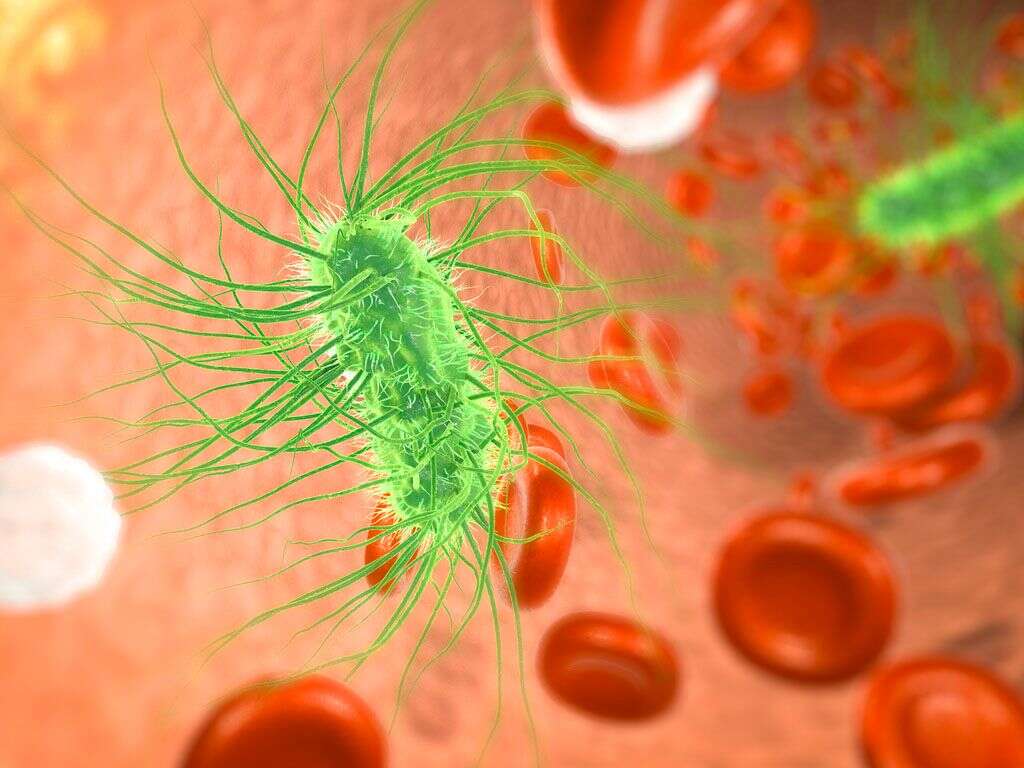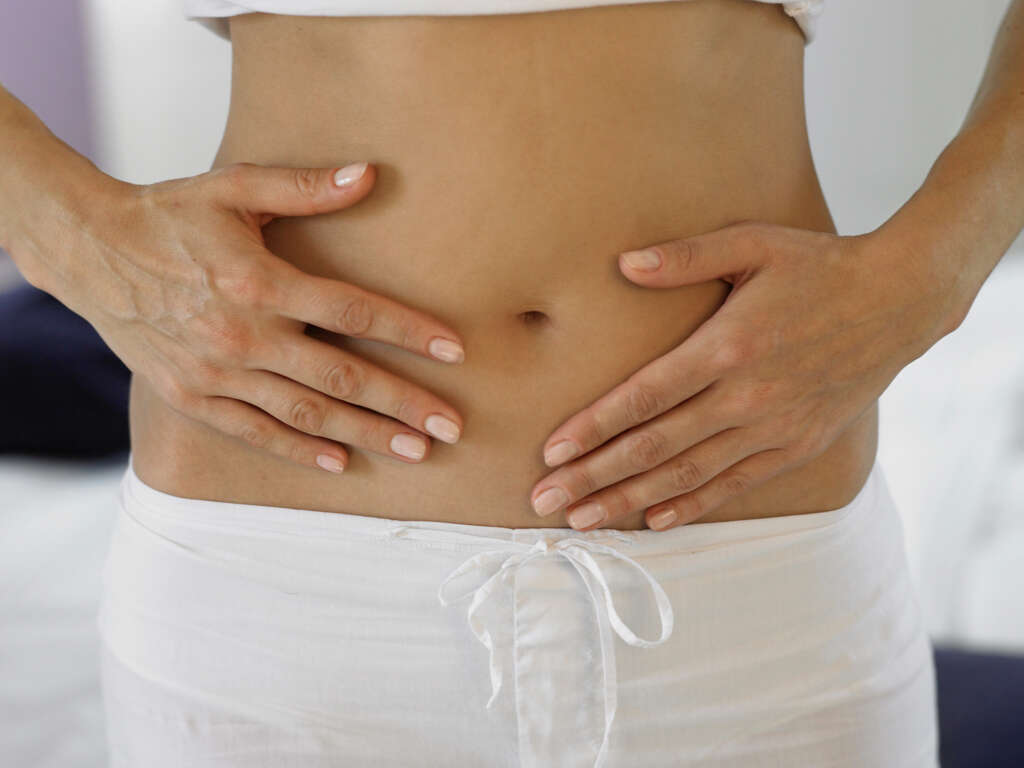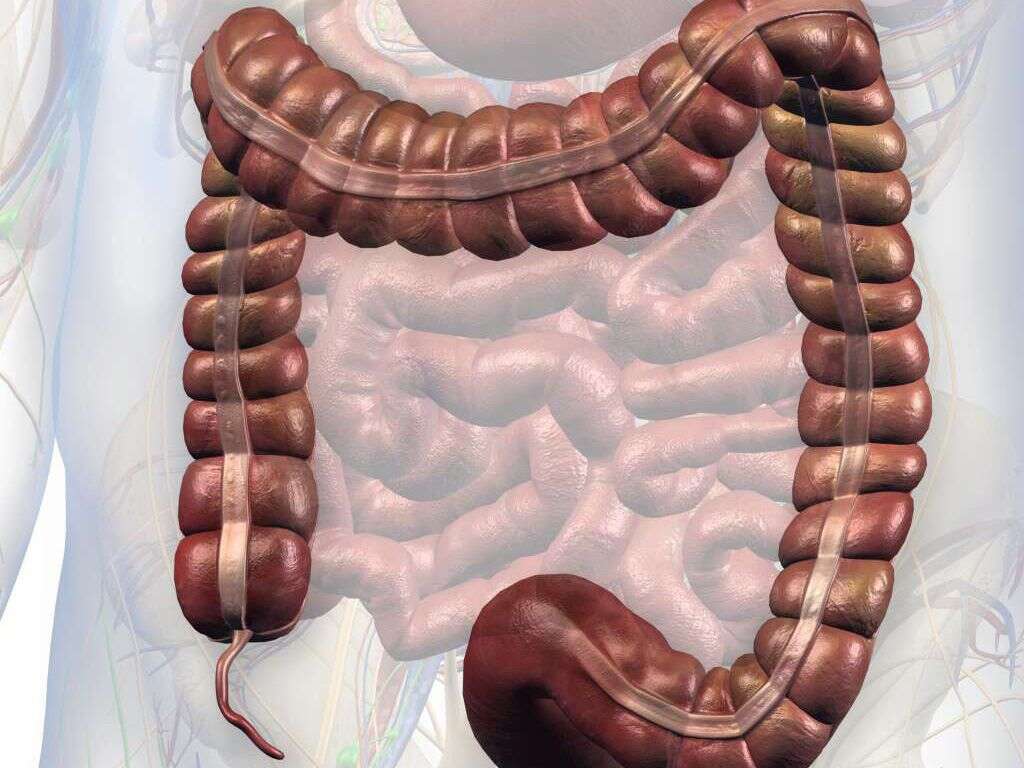10 Symptoms of Peritonitis
In the abdomen, you will find a group of organs that help you to digest food. This includes organs such as the liver, intestines, and the stomach. Protecting these organs is a thick protective layer of tissue known as the abdominal wall. Lining this protective wall is another layer of thin tissue known as the peritoneum.
The peritoneum can become inflamed, which is known as peritonitis. It can be caused by a handful of factors, with bacterial and fungal infections among the most common. This inflammation can lead to a range of symptoms and, if left untreated, it has the potential to be fatal. Peritonitis is treatable, though, and is not usually dangerous when treatment is found. Below are 10 symptoms of peritonitis to look out for.
Symptom #1: Nausea
It is not nice being nauseous, although it can vary in its severity. Nausea is a general feeling that you are unwell and that you need to vomit. Patients will also often complain that their stomach feels uneasy. Nausea can be caused by a huge range of conditions, including peritonitis.
Nausea can be useful in that it can encourage people to seek medical assistance to find out what is wrong. It tends to be easier for people to overlook other symptoms. A significant negative is that it will often cause people to vomit. This can lead to malnutrition, dehydration, and make it harder for the patient to fight off disease.
Symptom #2: Fever
Most of us likely experience a fever when we catch an infection. It can be an annual experience for some people, but it is not usually dangerous. Depending on the cause, a fever is likely to pass within a few days or so. However, it can also be a sign of a potentially more serious condition, such as peritonitis.
Peritonitis is often caused by a fungal or bacterial infection. This causes the body’s immune system to react to and deal with the problem, and one way to do this is to increase the patient’s body temperature. Although this is quite effective, antibiotics will sometimes be needed to help.

Symptom #3: Abdominal Pain
Pains in the abdomen area are not uncommon. Usually, they are down to having eaten something that was past its sell-by date, or perhaps something that was too spicy for you to handle. It is something that will usually pass in time, but it can also be a sign of something that should have you concerned.
If you are experiencing intense abdominal pains, then it is a sign that you could be suffering from peritonitis. Such pains are usually different from standard pains from indigestion and the like and patients can often tell it could be something serious. If you are experiencing intense pains in the abdomen, you should arrange to get it checked out.
Symptom #4: Cannot Pass Stools
Passing stools is usually an effortless affair, even if it can be unpleasant. It can sometimes be harder than usual, often depending on what you have eaten, but is still something that is done without too much effort. Some illnesses might make passing stools to be very difficult indeed.
Difficulty passing stools is a symptom that often comes with peritonitis. The patient will also sometimes find it difficult to pass gas, contributing to bloating. Being unable to pass stools for too long is potentially dangerous and is something that should be checked out as soon as you are able to.

Symptom #5: Diarrhea
Whereas a patient with peritonitis can sometimes find it difficult to pass stools, the opposite can often be the case. Patients with the condition will often complain about diarrhea, which generally manifests itself as loose, runny stools. It can be difficult to control, leaving the patient unwilling to stray too far from a bathroom.
Not only is diarrhea unpleasant, and sometimes embarrassing, it can also be quite dangerous. With so much water being passed out with the stools, rather than being absorbed by the body, dehydration is a very real threat. Vulnerable patients with the condition should be monitored closely.
Symptom #6: Bloating
After a big meal, it is quite normal to feel bloated. Our stomachs can only take so much food and it takes a while for what we eat to be digested. The digestion process will also produce gases, which can add to the bloating further. Usually, though, it is only a matter of time before the food is processed and the bloating subsides.
If you are suffering from bloating that will not go away, it could be a sign that you have peritonitis. If such symptoms do persist, you should arrange to speak with a doctor to find out what the cause is. They may be able to prescribe something to ease the symptoms and hopefully deal with whatever is causing the problem.

Symptom #7: Appetite Loss
We need to take on nutrients and energy throughout the day to keep us fueled. This means eating several times a day and a good appetite will help make sure we get the nutrition that we need. It is not uncommon, though, for people to experience a loss of appetite if they fall ill.
Patients with peritonitis will often just not feel like eating. Regardless, it is still important that they try to eat as much as they can to get the nutrition that they need. An unexplained loss of appetite can be caused by a wide range of factors and is something that should encourage you to get checked if it persists.
Symptom #8: Thirst
Most of us are fortunate enough to not be concerned about taking on the fluids that we need. For those of us that are fortunate enough, clean water is available from a faucet, although we tend to enjoy more appetizing drinks when we can. Fall ill, though, and you might find that it is not as easy to quench your thirst as it usually is.
One symptom of peritonitis is that the patient will feel very thirsty. It can sometimes feel as though they feel thirsty no matter how much they drink. This is largely down to poor absorption of water by the digestive system, and also possibly the leaking of fluids in the body.

Symptom #9: Fatigue
When we are sick, the body is often a battleground internally. The affected area can be the site of a fierce battle between the invaders and the protectors, and resources are sent to the area to help in the fight. While the patient might appear to be at rest on the outside, the battle going on within can be exhausting.
Patients with peritonitis are quite likely to feel fatigued as a result. In addition to the ongoing battle against the infection, the patient can also be taking on less nutrition than normal, exasperating the problem. Make sure you see a doctor for help and get plenty of rest to aid in your recovery.
Symptom #10: Urinating Less
What goes in, must come out eventually, and the fluids that we drink are no exception. The fluids and toxins that we don’t need are filtered out from the blood by the kidneys, which then pass the fluids onto the bladder where they are stored. When the bladder can hold no more, it is time for its contents to be removed from the body. This is called urination.
We will usually urinate several times a day, depending largely on how much we drink and what we are drinking. People with peritonitis, though, are likely to find that they are urinating far less than usual. Urinating less frequently is a symptom that should always be checked out.











